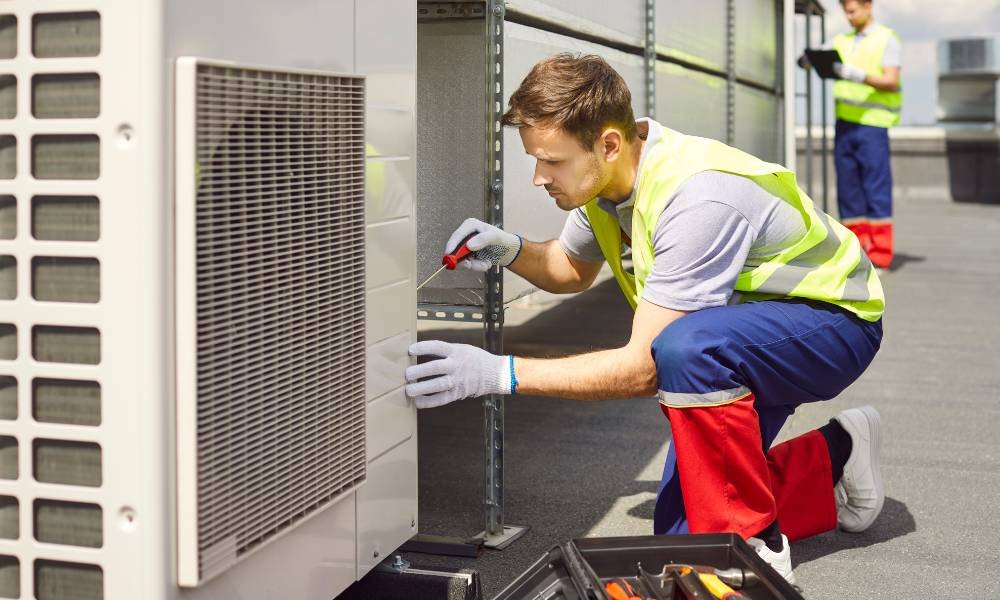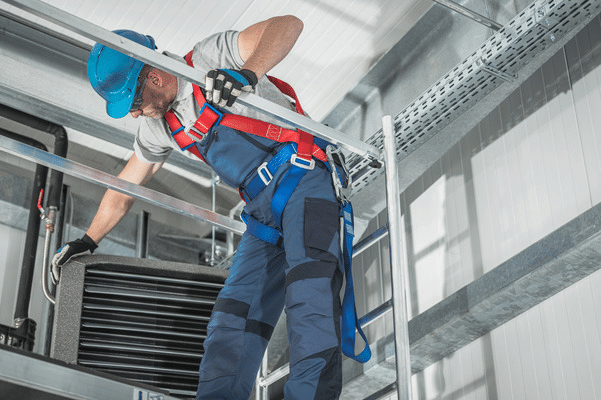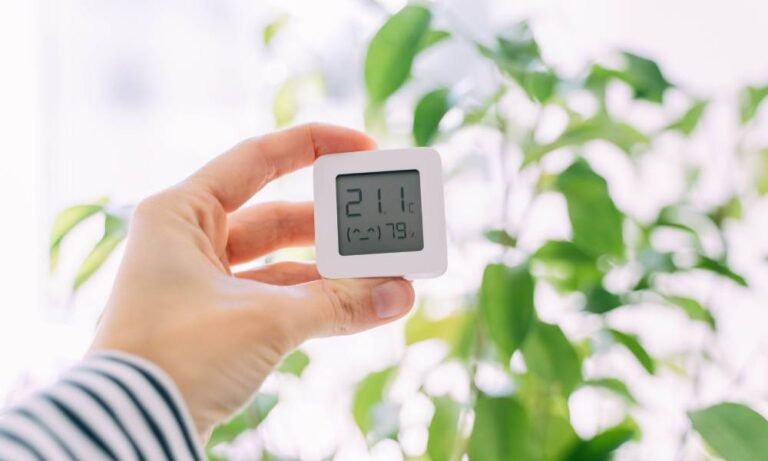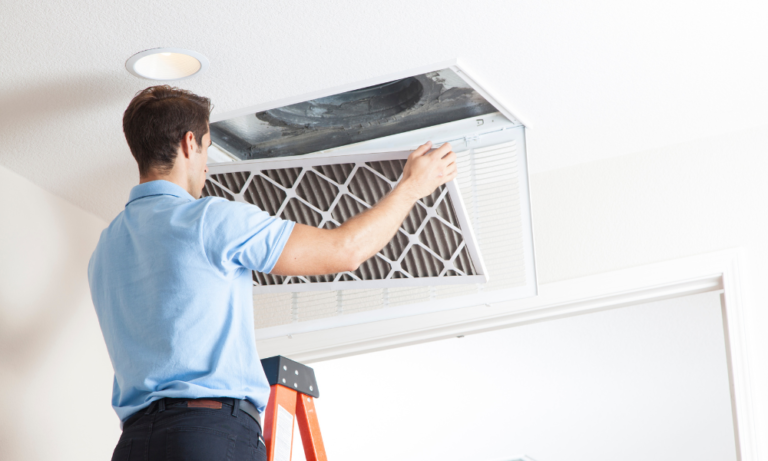Estimated reading time: 6 minutes
Your HVAC system is the unsung hero of your home, keeping you cool in the summer and cozy in the winter. But like any hardworking system, it can encounter problems. Some minor issues are easy to fix, like replacing an air filter, but others require the expertise of a professional. Ignoring these signs can lead to costly repairs, reduced efficiency, or even system failure.
In this guide, I’ll walk you through the key signs that it’s time to pick up the phone and call an HVAC expert. Here’s what we’ll cover:
- Common signs of HVAC trouble
- Why timely repairs are crucial
- The benefits of hiring a professional
- Quick tips for maintaining your system
Let’s get started and save you from unnecessary headaches (and energy bills).
1. Common Signs You Need Professional HVAC Repairs
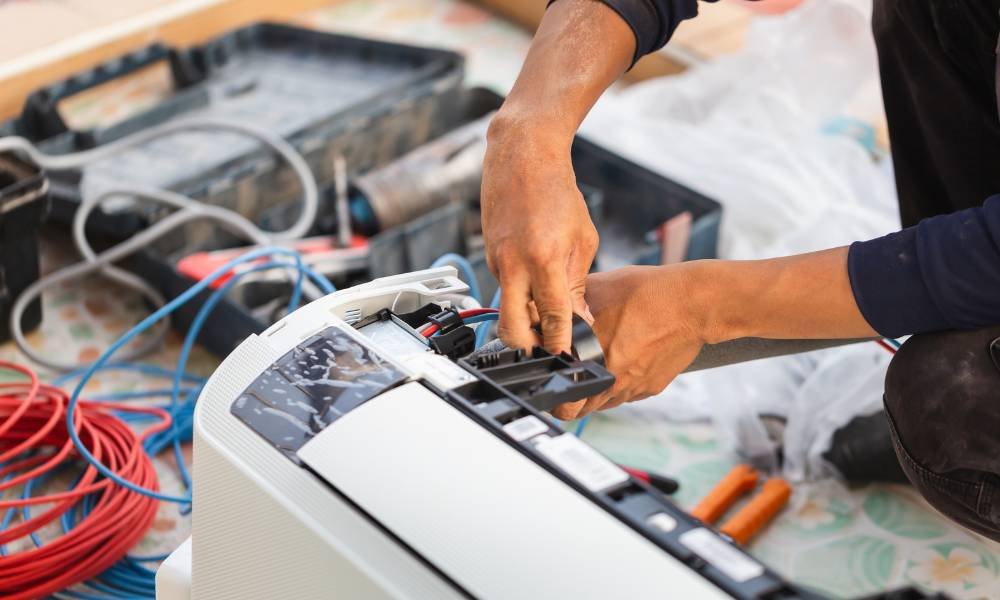
Your HVAC system might not shout for help, but it does send signals. Here are the most common signs you should never ignore:
Unusual Noises
If your system starts producing banging, rattling, or screeching sounds, it’s time to call a pro. These noises could indicate loose parts, a failing compressor, or motor issues. Ignoring them won’t make them go away—they’ll only get worse.
Quick Tip: If it sounds like a heavy metal concert in your vents, your HVAC system might be auditioning for the wrong gig.
Weak or Inconsistent Airflow
When air barely trickles out of your vents or certain rooms feel like the Arctic while others mimic a sauna, something’s off. This could be caused by clogged filters, duct blockages, or a malfunctioning blower motor.
Weak airflow isn’t just uncomfortable; it forces your system to work overtime, driving up energy bills. Don’t wait to have this checked.
Higher Energy Bills Without Increased Usage
Have your energy bills suddenly spiked, even though your thermostat habits haven’t changed? This could mean your system is running inefficiently due to worn-out components, refrigerant leaks, or poor maintenance. A professional can identify and resolve the issue, saving you money.
Water Leaks Around the Unit
If you notice puddles near your HVAC unit, don’t ignore them. Water leaks often result from a clogged condensate drain, frozen coils, or excessive humidity. Besides damaging your home, water can lead to mold growth. A quick repair now prevents bigger problems later.
Frequent Cycling On and Off
Does your HVAC system feel indecisive, cycling on and off too frequently? This could indicate an issue with the thermostat, electrical connections, or the system itself. Frequent cycling not only wastes energy but also puts extra strain on your equipment.
Inconsistent Temperatures Throughout the House
Are some rooms in your home too hot or too cold, no matter what you do? This could result from thermostat calibration issues, ductwork design flaws, or an improperly sized system. An HVAC expert can pinpoint and fix the cause.
Frequent Circuit Breaker Trips
If your HVAC system keeps tripping the breaker, it’s a red flag. This could mean the unit is overloading the electrical system, overheating, or suffering from a wiring problem. Turn off the system and call a professional to avoid further damage—or worse, a fire hazard.
2. Why Timely Repairs Matter
Delaying HVAC repairs is like ignoring a cavity—it only gets worse (and more expensive). Here’s why acting quickly is essential:
- Prevent Major Repairs: Catching small problems early saves you from costly breakdowns.
- Maintain Efficiency: An efficient system uses less energy and reduces your bills.
- Ensure Safety: Faulty systems can pose health and safety risks, like carbon monoxide leaks or electrical hazards.
- Extend Lifespan: Proper care helps your HVAC system last longer, delaying the need for a costly replacement.
3. DIY vs. Professional Repairs: Where to Draw the Line
I know the DIY trend is tempting. But while replacing air filters or cleaning vents is fine, some tasks are better left to the experts. Here’s the breakdown:
DIY Tasks:
- Changing air filters
- Cleaning and vacuuming vents
- Checking thermostat settings
Call a Professional For:
- Electrical or wiring issues
- Refrigerant handling
- Diagnosing strange noises or odors
- Water or refrigerant leaks
- Weak airflow or uneven cooling/heating
When in doubt, it’s better (and safer) to call a pro.
4. The Benefits of Hiring a Professional HVAC Technician
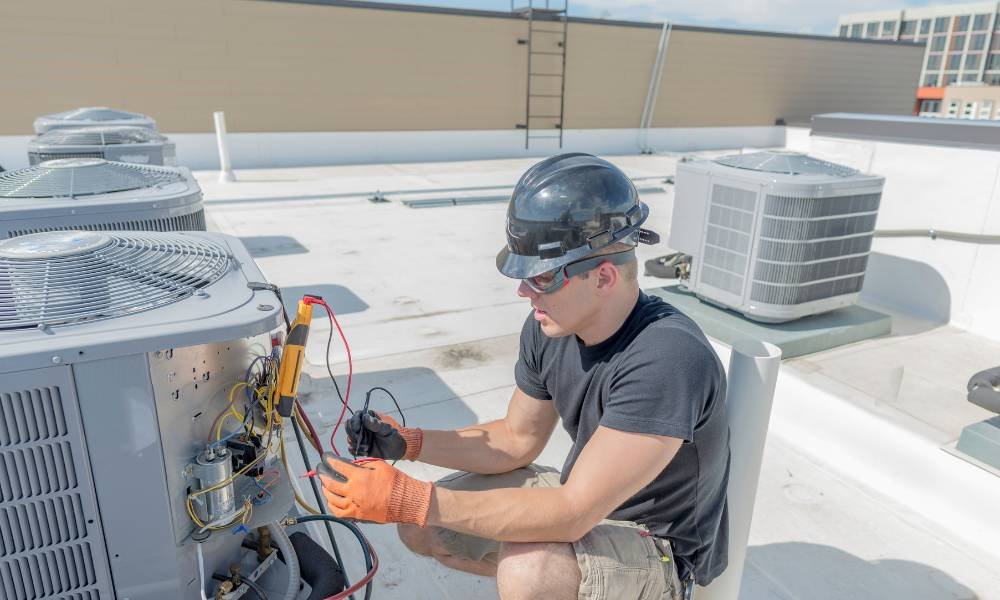
Here’s why bringing in an expert is worth every penny:
- Proper Diagnosis: Professionals have the tools and experience to pinpoint the exact issue.
- Safety: Handling refrigerants or electrical systems isn’t just tricky—it can be dangerous.
- Long-Term Savings: A quick repair now prevents expensive breakdowns later.
- Warranty Protection: Many warranties require professional maintenance to stay valid.
5. Quick Tips to Maintain Your HVAC System
An ounce of prevention is worth a pound of cure. Keep your HVAC system running smoothly with these tips:
- Change air filters every 1–3 months.
- Schedule professional tune-ups twice a year.
- Keep vents and registers clear of obstructions.
- Use a programmable thermostat to optimize energy use.
- Seal windows and doors to reduce strain on your system.
6. FAQs About HVAC Repairs
Here are quick answers to some common questions:
- How often should I schedule HVAC maintenance?
Twice a year—once in spring for cooling systems and once in fall for heating. - What’s the average lifespan of an HVAC system?
Around 10–15 years with proper maintenance. - How do I know if I need a repair or replacement?
Frequent repairs, rising energy bills, and an aging system are signs it might be time for a replacement.
Know When to Call for Help
Your HVAC system is too important to ignore. Whether it’s strange noises, weak airflow, or rising energy costs, knowing when to call a professional can save you money and stress. Regular maintenance and timely repairs not only keep your home comfortable but also extend your system’s lifespan.
If you notice any of the signs mentioned here, don’t hesitate to reach out to a trusted HVAC technician. It’s a small step today for big savings tomorrow—and let’s face it, no one likes sweating over avoidable problems!
